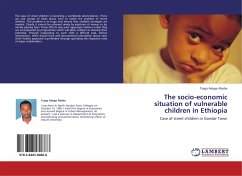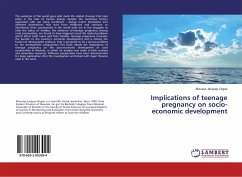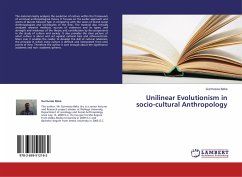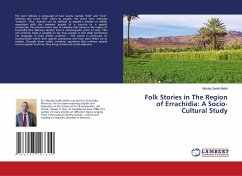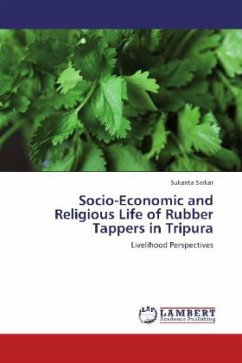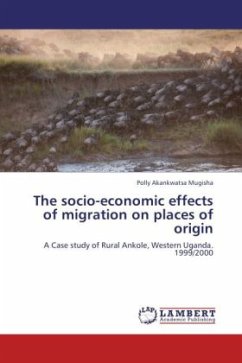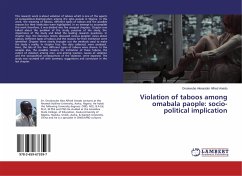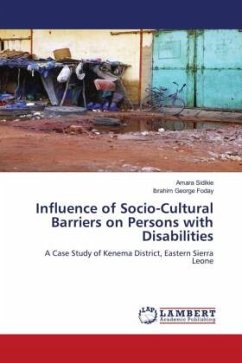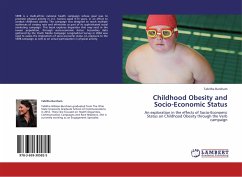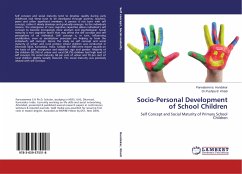
Socio-Personal Development of School Children
Self Concept and Social Maturity of Primary School Children
Versandkostenfrei!
Versandfertig in 6-10 Tagen
41,99 €
inkl. MwSt.

PAYBACK Punkte
21 °P sammeln!
Self concept and social maturity tend to develop rapidly during early childhood and these have to be developed through parents, teachers, peers and other significant members. A person is not born with self concept, rather it slowly develops and gradually emerges. As the individuals mature, the emergence of new cognitive capacities allows individual's self concept to become increasingly more abstract and psychological. Social maturity is non cognitive factor that may affect the self concept and self perceptions of an individual. Self concept is, in turn, influencing socialization, even as socia...
Self concept and social maturity tend to develop rapidly during early childhood and these have to be developed through parents, teachers, peers and other significant members. A person is not born with self concept, rather it slowly develops and gradually emerges. As the individuals mature, the emergence of new cognitive capacities allows individual's self concept to become increasingly more abstract and psychological. Social maturity is non cognitive factor that may affect the self concept and self perceptions of an individual. Self concept is, in turn, influencing socialization, even as socialization processes are helping to form the individual's self concept. Hence the study on self concept and social maturity of urban and rural primary school children was conducted in Dharwad Taluk, Karnataka. India. Sample (n=300) were drawn equally on the basis of peer acceptance and rejection, age and gender. Majority of the children (93.3%) of urban and rural (94.7%) children had high level of self concept. On social maturity, 66 per cent of urban and 70 per cent of rural children slightly socially matured. The social maturity was positively related with self concept.



